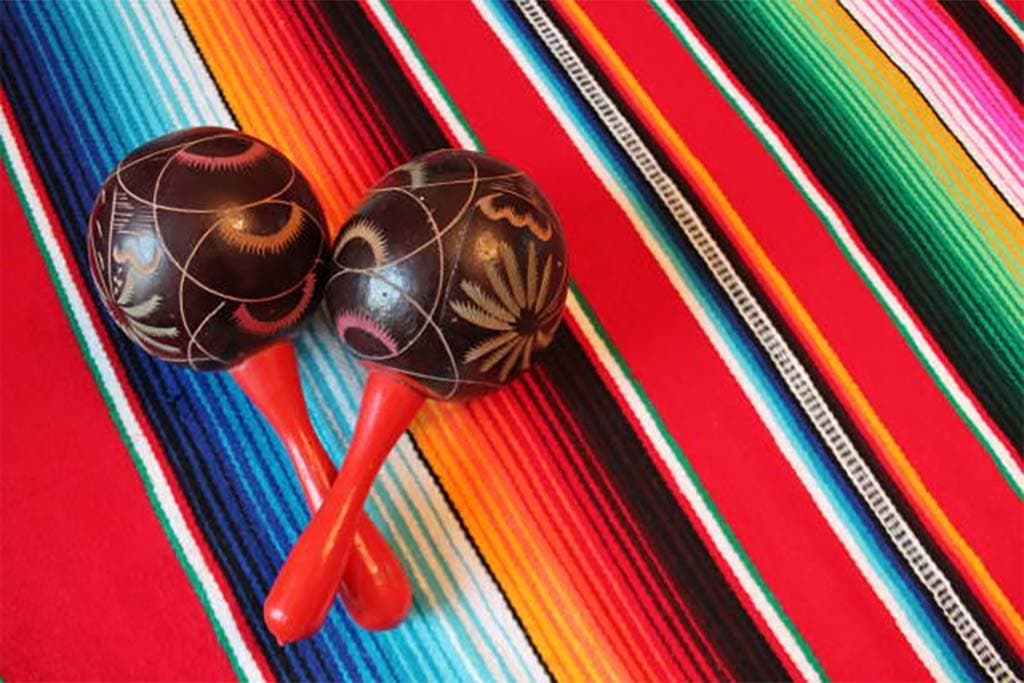Mariachi music, with its rich history and vibrant sound, is more than just a genre of music; it’s a powerful symbol of Mexican culture and identity, particularly within the Mexican-American community. Originating in Mexico, mariachi has crossed borders and generations, evolving into a significant cultural emblem that connects Mexican-Americans to their heritage. This article explores how mariachi music has become a key element in the identity and cultural expression of Mexican-Americans, weaving a tapestry of tradition, memory, and community ties in a multicultural society.
Mariachi Music as a Symbol of Mexican Heritage
For many Mexican-Americans, mariachi music is a poignant reminder of their cultural roots. It encompasses a rich history that resonates with the stories and experiences of their ancestors. From the serenades of love and sorrow to the ballads of revolution and resilience, mariachi songs capture the essence of Mexican life and history. This music genre plays a crucial role in reinforcing cultural identity among Mexican-Americans, serving as a living link to their ancestral homeland and its traditions.
The Role of Mariachi in Family and Community Events
Mariachi music is a staple at family and community events, highlighting its role in bringing people together and fostering a sense of belonging. Weddings, birthdays, religious ceremonies, and even funerals are often accompanied by the soulful melodies of mariachi bands. These events become significant cultural experiences where Mexican-American families can connect with their roots, celebrate their heritage, and pass down traditions to younger generations, strengthening communal bonds.
Mariachi in Education and Cultural Preservation
The incorporation of mariachi music in educational settings underscores its importance in cultural preservation. Many schools and colleges, especially those with substantial Mexican-American populations, offer mariachi programs. These initiatives not only teach students about music but also immerse them in cultural history and expression. Through education, mariachi serves as a tool for cultural transmission, ensuring that the rich heritage it embodies continues to thrive within the Mexican-American community.

Fusion and Evolution: Mariachi’s Influence on Modern Music Genres
Mariachi music has woven its way into the fabric of various modern music genres, demonstrating its versatility and enduring appeal. In the hands of innovative musicians, mariachi elements have been merged with pop, rock, and even hip-hop, creating a vibrant fusion that appeals to diverse audiences. This cross-genre influence showcases mariachi’s adaptability, ensuring its relevance in the contemporary music scene. It not only honors traditional sounds but also invites a broader demographic to experience its charm. The evolution of mariachi reflects a dialogue between cultures and eras, proving that traditional music can evolve and remain influential in an ever-changing musical landscape.
Mariachi Music and Its Impact on Identity Formation
Mariachi music plays a pivotal role in the identity formation of many Mexican-Americans. It acts as a bridge between the past and the present, allowing individuals to connect with their heritage while navigating their American identity. This music becomes a medium through which stories of migration, struggle, and the blending of two worlds are told. It resonates deeply with those who find themselves balancing the nuances of a bicultural existence, providing a sense of belonging and a connection to a rich, shared history. Mariachi music’s emotional depth and cultural significance make it a powerful tool for expressing and shaping the Mexican-American identity.
Celebrating Diversity: Mariachi’s Place in Multicultural America
The presence of mariachi music in the United States is a testament to the nation’s cultural diversity. It exemplifies the enriching influence of immigrant cultures on the American social fabric. The appeal of mariachi transcends ethnic boundaries, making it a celebrated feature at multicultural festivals and events. Collaborations between mariachi musicians and artists from various backgrounds highlight the potential of music as a unifying force. Through these collaborations, mariachi music fosters a sense of community and mutual respect, showcasing the beauty of cultural exchange and the shared human experience of music.
Conclusion: Mariachi as a Unifying Cultural Force
In summation, mariachi music stands as a unifying cultural force within the Mexican-American community and beyond. More than a musical style, it is a symbol of cultural resilience and adaptation, bridging generations and geographies. As it continues to influence and be influenced by other cultures, mariachi reinforces its position as a vital part of the Mexican-American identity. It is a celebration of heritage, a testament to the enduring spirit of a community, and a vibrant contributor to America’s cultural mosaic. Mariachi music, in its timeless appeal and evolving form, continues to narrate the story of a people rich in history and full of hope for the future.
